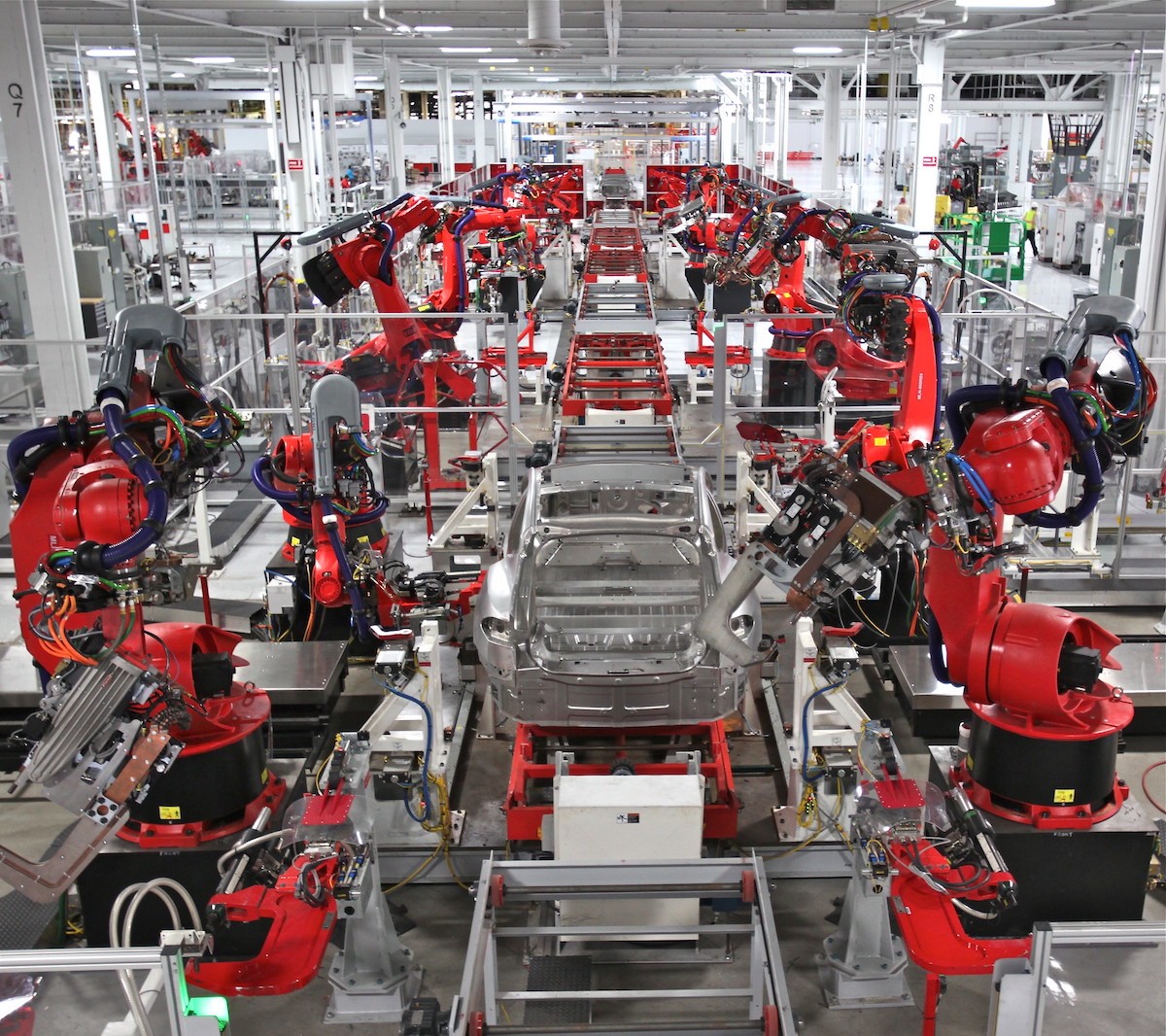The digital connectivity of the future for industries will rely on technology advancements to provide responses for today’s and tomorrow’s social challenges. That’s what Kurt Bettenhausen, member of the Board for New Technologies & Development at Harting, believes.
Speaking at Hannover Messe 2021, he stated that these social issues are related to three major megatrends: sustainability, demographic change, and globalisation.
“[These megatrends] will open a space for answers that we can work with. Ultimately, companies must provide solution-specific answers so that, based on the technologies, we can perform the corresponding improvements and conduct corporate citizenship in the appropriate manner,” Bettenhausen said.
According to him, the challenge that will most concern current and future generations is the responsible treatment of the environment. Operational sustainability will also be necessary, which means the industry will have to come up with the right use of resources, smart projection of demand and effective use of all the tools that humans have at their disposal.
The second megatrend concerns automated technologies. “We will all age at some stage. We will not be able to perform the things as we are used to, and if we look at projected nursing care numbers in the Western World, we will see quite quickly that we will need support that can not necessarily be done by other people.”
The final major issue regards globalisation. Bettenhausen believes that recent events like the Covid-19 pandemic, shortening and lengthening of supply and value chains, and the ship that blocked the Suez Canal are warnings for industries to reassess their processes so that abnormal situations have less of an impact in the future.
According to him, these three challenges will be achieved through technological evolution.
Automation
Bettenhausen said that one of the most raised questions about automation in industry is whether there will be enough power to deal with the amount of information being processed. It will be essential to figure out ways to analyse the IoT data in a fact-based manner and draw the correct conclusions from it.
Speed will also play a role in developing automation. “We need systems that deal with the signals appropriately,” he said. “One remarkable example is electronic networks. The more decentralised the information and the energy provision and consumption, the more interactive the communication has to be between these components.”
Digital twins
The evolution of digital twins will be key to automation. While digital twins have been around and available on different levels for some years, Bettenhausen still sees a lot of room for improvement in this area.
“We have to ensure that we provide an environment that describes our systems and environments so precisely that it is an input for autonomous systems that allows for assessment of actions in the future,” he said.
“The more accurate our digital twins are, the longer the predictions or the more precise predictions that we can make regarding the behaviour of our overall system.”
However, enhancing these technologies just for the sake of doing so is not the point, Bettenhausen said. In the end, all the technological developments will be undertaken to provide responses to our real-life social challenges. “We will find answers. We have to.”
Cover photo by Steve Jurvetson, licensed under Creative Commons







